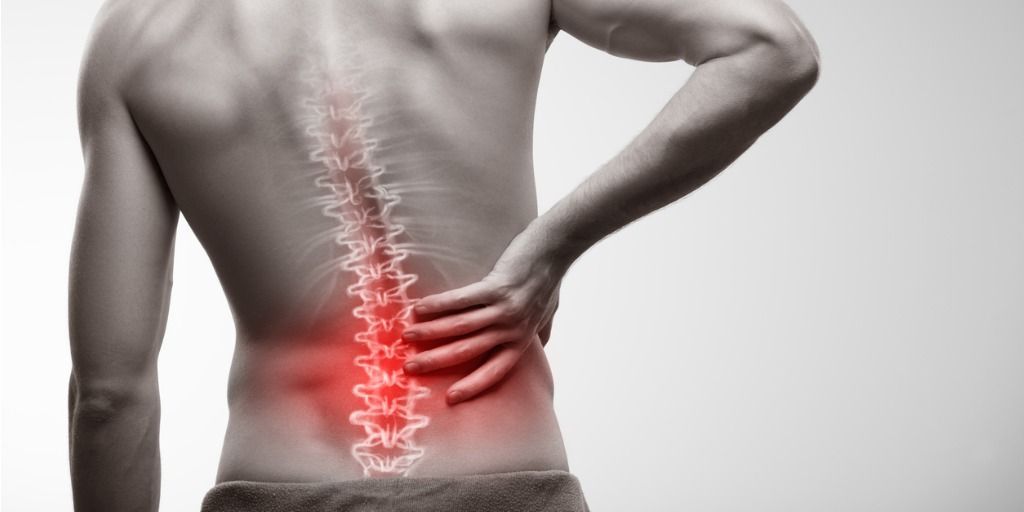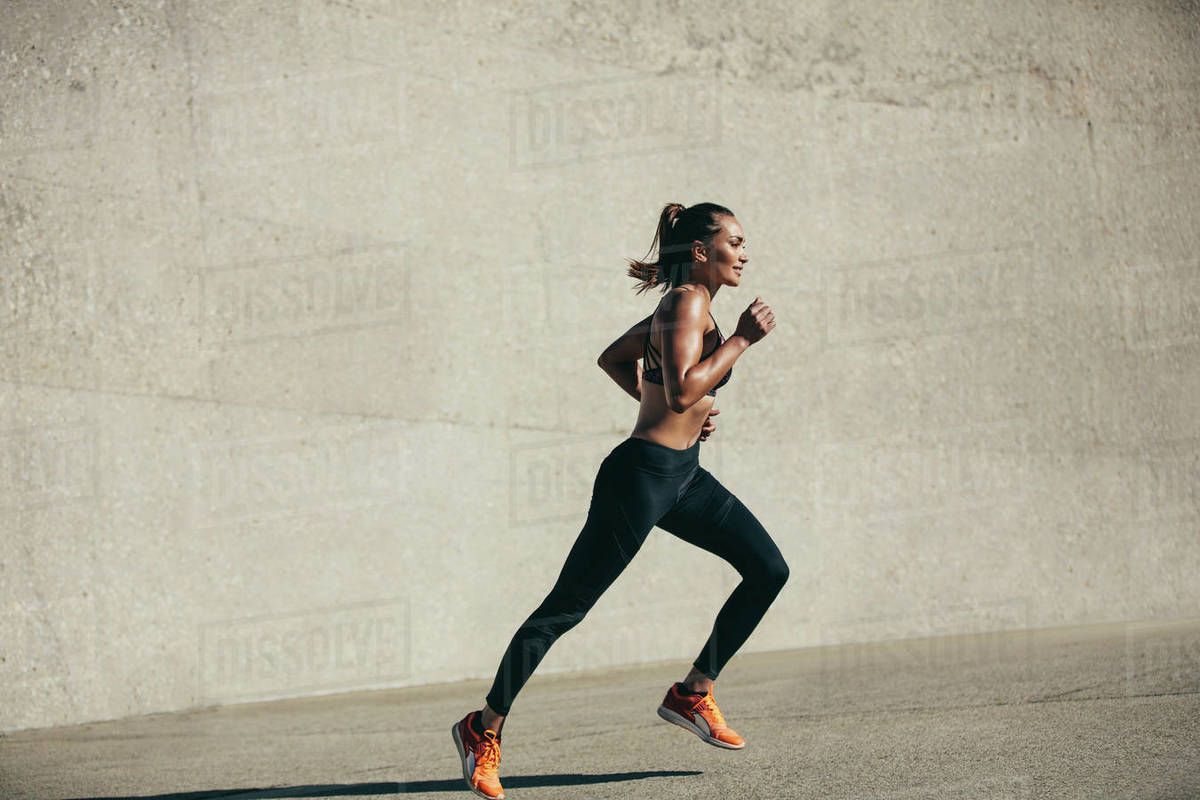Exercise during pregnancy – Lets Go Baby!
Many women are hesitant to engage in any sort of exercise during pregnancy, and rightfully so. In the past, it was believed that exercise had increase risks associated with pregnancy, but many of these beliefs have not been proven with scientific evidence. Recent research has suggested that not only is exercise during pregnancy safe, but it is beneficial for both the mother and the baby. It is thought that three quarters of women don’t do enough exercise during their pregnancy. Exercise throughout pregnancy won’t harm you or the baby; in fact it may help prevent complications such as gestational diabetes and pre-eclampsia. Additionally it also may help you with shorter labour and increase chances of giving vaginal birth.
There a many benefits of exercise during pregnancy:
- Decrease risk of developing gestational diabetes mellitus by as much as 27%; Exercise that incorporate large muscle groups help normalise blood sugar levels through improving glucose utilisation, and insulin sensitivity.
- Reduce risk of pre-eclampsia; which is a condition that consists of high blood pressure, fluid retention and protein in urine. This may cause growth problems in the unborn baby.
- Prevent maternal obesity; Excessive weight gain increases the risk of gestational diabetes mellitus and pre-eclampsia. Maternal obesity is a strong indicator of obesity later in life for the newborn and for the mother. Furthermore, obese women are twice as likely to experience foetal distress as those of a normal weight.
- Reduce physiological strains of pregnancy; Regular exercise strengthens core muscles, which helps reduce lower back pain. Preparing for childbirth with exercise, may ease labour and increase chance of experiencing easier deliveries with less medical interventions.
- Decrease the incidence of postnatal depression; Studies has shown that women who exercise during pregnancy have a better sense of wellbeing due to the positive effects of exercise such as weight management, better body image, improve sleep and increase energy levels.
- Healthier babies; Infants of mothers who exercise regularly during pregnancy lower the risk of chronic diseases later down the track, such as obesity and diabetes.
If you would like some more information on safe and specific exercise programs at Absolute Balance during pregnancy, please visit our website www.absolutebalance.com.au or email info@absolutebalance.com.au.
Daniel Nguyen (B.Sc. Exercise Physiology)
Accredited Exercise Physiologist (AES, AEP)(ESSAM)




